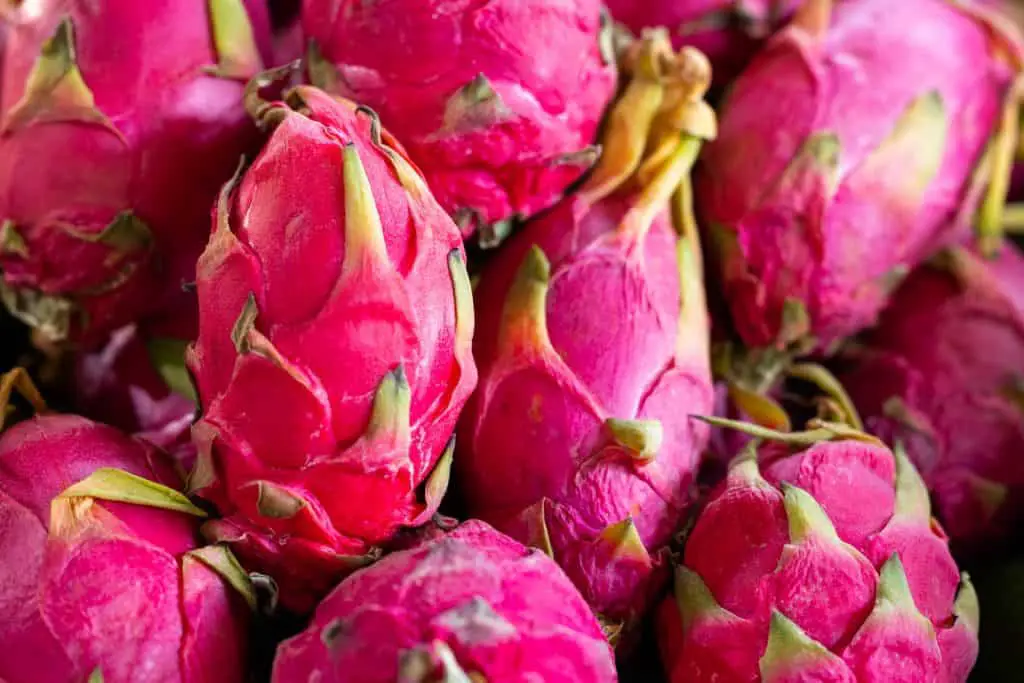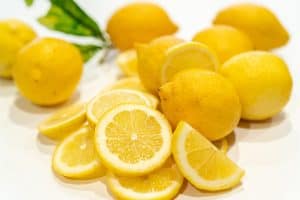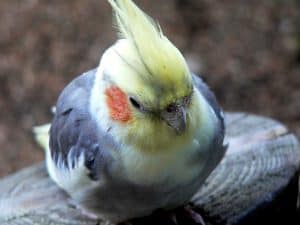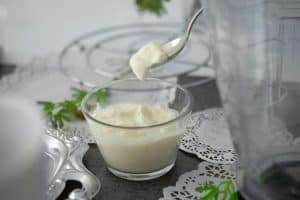Cockatiels, also known as Nymphicus hollandicus, are one of the most popular pet birds in the world. They are known for their playful and affectionate personalities, as well as their ability to mimic human speech. While they are typically fed a diet of seeds, fruits, and vegetables, many owners wonder if they can add dragon fruit to their pet’s diet.
Can cockatiels eat dragon fruit? In this blog post, we’ll explore whether cockatiels can eat dragon fruit and the benefits and risks associated with doing so. So if you’re a cockatiel owner or just curious about what these birds can eat, keep reading to find out!
Overview of Cockatiels
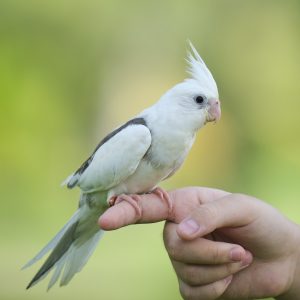
Cockatiels are small birds that belong to the parrot family. They are native to Australia and known for their long, pointed tail feathers and colorful orange or yellow crest. They typically weigh between 3-4 ounces (85-113 g) and have an average lifespan of 15-20 years when kept as pets.
Dragon Fruit
Dragon fruit, also known as pitaya or strawberry pear, is a tropical cactus fruit native to Mexico and Central America. It has a sweet taste, with notes of kiwi and pear, and is often eaten for its nutritional benefits. Dragon fruit is high in antioxidants, vitamins C & E, iron, and fiber. Additionally, its seeds are a source of healthy fat and protein.
Can Cockatiels Eat Dragon Fruit?
Do birds eat dragon fruit? Yes, cockatiels can eat dragon fruits and benefit from the nutrients it provides. However, like any food item, moderation is key when feeding your pet bird this treat. Too much may cause digestive problems or other health issues. When introducing dragon fruit to your cockatiel’s diet, offer it as a small treat no more than twice a week.
It’s important to cut the dragon fruit into pieces small enough for your bird to eat safely and easily. You should also remove the seeds from the flesh before giving them to your pet, as they can be a choking hazard. Additionally, you should avoid feeding your cockatiel the skin of the dragon fruit as it may contain toxins that could make them sick.
Benefits of Feeding Dragon Fruit to Cockatiels
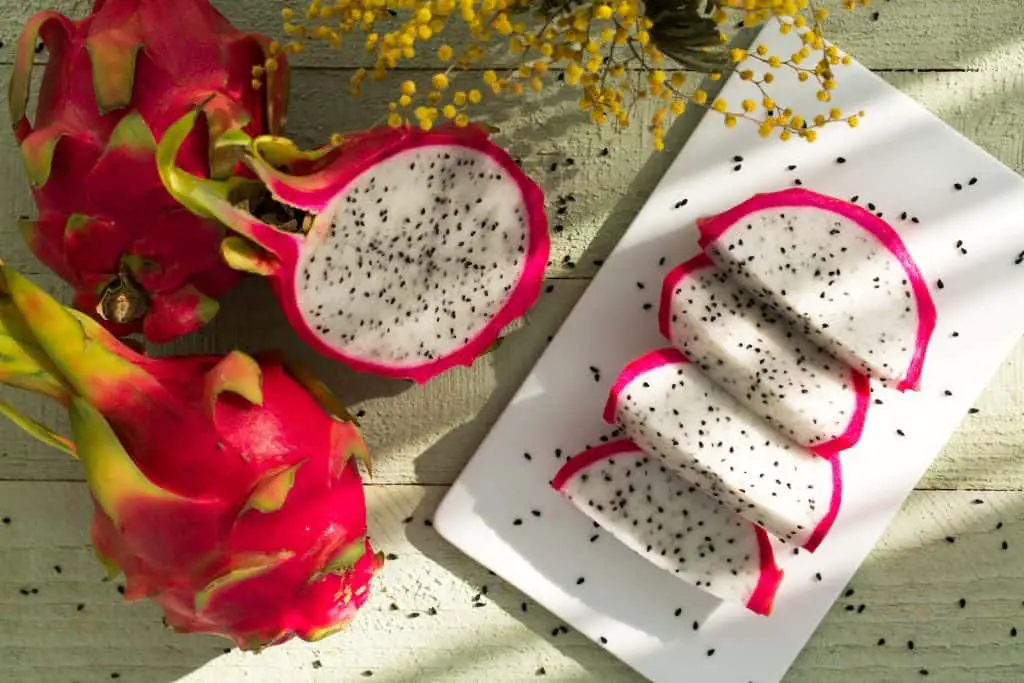
Dragon fruit provides many benefits to pet birds, including:
• Vitamin C – Dragon fruit is high in vitamin C, which helps your pet bird build strong bones and fight off illnesses.
• Iron – Dragon fruit is a good source of iron, which can help boost energy levels and keep your cockatiel’s immune system strong.
• Fiber – The fiber content in dragon fruit can help to maintain a healthy digestive system and support the growth of beneficial bacteria in your bird’s gut.
• Antioxidants – The antioxidants in dragon fruit can help to reduce inflammation and protect against free radical damage.
How often to feed birds dragon fruit?
You can feed dragon fruits to your cockatiel as a treat no more than twice a week. If you notice any signs of digestive distress such as vomiting, diarrhea or gas, you should stop feeding them dragon fruit immediately and speak to an avian vet for further advice.
- Perfect Treat: Millet is a popular and nutritious seed that is suitable for a variety of bird species, including Canaries, Budgies, Lovebirds, Cockatiels, and Conures. These small seeds are rich in carbohydrates, protein, and essential nutrients, making them a healthy addition to the diet of many pet birds. Millet can be offered as a treat or as part of their regular diet. It provides energy and can also serve as a source of mental stimulation for these intelligent birds
- Building Blocks of Health: All Natural, no pesticides or chemicals and Non-GMO, our millet is high on Amino Acids, a crucial element for overall health - supporting functions such as muscle development, immune system strength, and feather quality in birds
- Value: Pristine all-natural millet, free from stems, ensures you pay solely for the premium millet, maximizing value and quality in every purchase
- Proudly Grown and Sun Dried in the USA: Prioritizing and supporting domestic agriculture, our millet is farmed and packaged in the Midwest which provides a lower carbon footprint. Sun Drying enhances the flavor and nutritional content of the millet while avoiding the use of artificial drying methods
- Convenient storage and Bug-resistant: Easily store our bird millet spray in a cool environment without concerns or complications. Our millet spray won't attract unwanted bugs, ensuring a clean and hassle-free storage experience
Risks of Feeding Dragon Fruit to Cockatiels
As with any new food item, there are potential risks associated with feeding your cockatiel dragon fruit. These include:
• Choking Hazard – The seeds of the dragon fruit can be a choking hazard for pet birds, so it’s important to remove them before feeding.
• Nutrient Overload – Too much of any nutrient can cause health issues. As such, make sure to only feed your cockatiel dragon fruit in small amounts.
• Digestive Issues – Eating too much dragon fruit can cause digestive problems like diarrhea, so it’s important to introduce it slowly and watch for signs of distress.
While dragon fruit may not be as nutritious as other fruits, its flavor is undeniable. Additionally, the risks associated with consuming too much oxalic acid are only valid if a large portion of the whole dragon fruit or a substantial amount is consumed. But even then, this has yet to be proven and many people still feed these delicious fruits to birds – though some believe it can lead them down an unhealthy path due to obesity and limiting their ability to fly properly.
- DESIGN: The birdcage branch perches provide a habitat for the parrot to stand or rest in the cage. It allows 3-4 birds to play at the same time, your birds can play and get better communication with each other like wild birds. Perch toy also provides your pet with a nice and cozy place to exercise, relieves boredom and increases activity level.
- SUITABLE FOR SMALL BIRDS: This bird cage perches has a total length of 10" and four small perches length of 4". Please have a reference to the size map before you purchase, make sure it will fit your birdcage and birds.
- MATERIAL: Parrot perch stand toys are made of natural prickly ash wood which is safe for you pet chewing and playing. Rough surface gives your bird a comfortable controlled grip, provides excellent foot exercise and nail trimming without hurting bird's feet.
- EASY TO INSTALL: Each perch is equipped with a metal wing nut and built-in bolts. Just screw it, fasten easily onto the bird cage and no additional equipment is required for installation.
- PACKAGE INCLUDES: Package includes 1 pc bird wood stand perch. This cage perche can also be used as parrot chew toy, satisfy habit of climbing and biting for cockatoos, macaws, parakeets, quaker parrot, cockatiel, lovebird and etc.
How to Safely Feed Dragon Fruit to Cockatiels
To safely feed dragon fruit to cockatiels, it is important to follow these steps:
- Serve a small portion of the fruit as a treat, no more than once or twice a week.
- Remove the skin and dragon fruit seeds before feeding.
- Monitor your pet for any adverse reactions and discontinue feeding if any occur.
- Create a daily bird feeding station for your feathered friends by bringing dragon fruits into the menu. This will help you spread out how often you need to replenish the feeder, making for an easier routine!
Can cockatiels eat kiwi fruit?
Yes, cockatiels can eat kiwi fruit safely. The flesh of the kiwi is full of essential vitamins and minerals, including vitamin C, which will help to keep your bird’s immune system strong. Just like with dragon fruit, it is important to cut the kiwi into small pieces so that your pet can safely eat it. Additionally, the skin and seeds of the kiwi should be removed before offering it to your pet bird as they can both be a choking hazard.
Kiwi fruit is full of fiber, which can help support your cockatiel’s digestive health. However, like with any food item, you should introduce kiwi fruit slowly and only offer it in small amounts as part of a balanced diet. If your cockatiel experiences any adverse reactions after eating kiwi, discontinue feeding and speak to an avian vet for further advice.
What citrus fruits can cockatiels eat?
Cockatiels can safely consume a variety of citrus fruits, including oranges, tangerines, lemons and limes. Citrus fruits are high in vitamin C and antioxidants, which will help to keep your bird’s immune system strong and fight off illnesses. Just like with any other fruit or vegetable, it is important to cut the citrus fruit into small pieces before offering it to your cockatiel. Additionally, the seeds and rinds should be removed as they can both be a choking hazard.
Citrus fruits are also high in acidity, so introducing them slowly and only in small amounts is key. If your cockatiel experiences any adverse reactions after eating citrus fruits, stop feeding them and speak to an avian vet for further advice.
Final Thoughts: Can cockatiels eat dragon fruit?
In conclusion, cockatiels can safely eat dragon fruit in moderation as part of a balanced diet. While it provides numerous health benefits, it is important to be aware of the risks associated with overfeeding and potential allergic reactions. By following these guidelines, cockatiel owners can ensure their pets are receiving the necessary nutrients while avoiding any potential health problems.
Other suggested articles:
